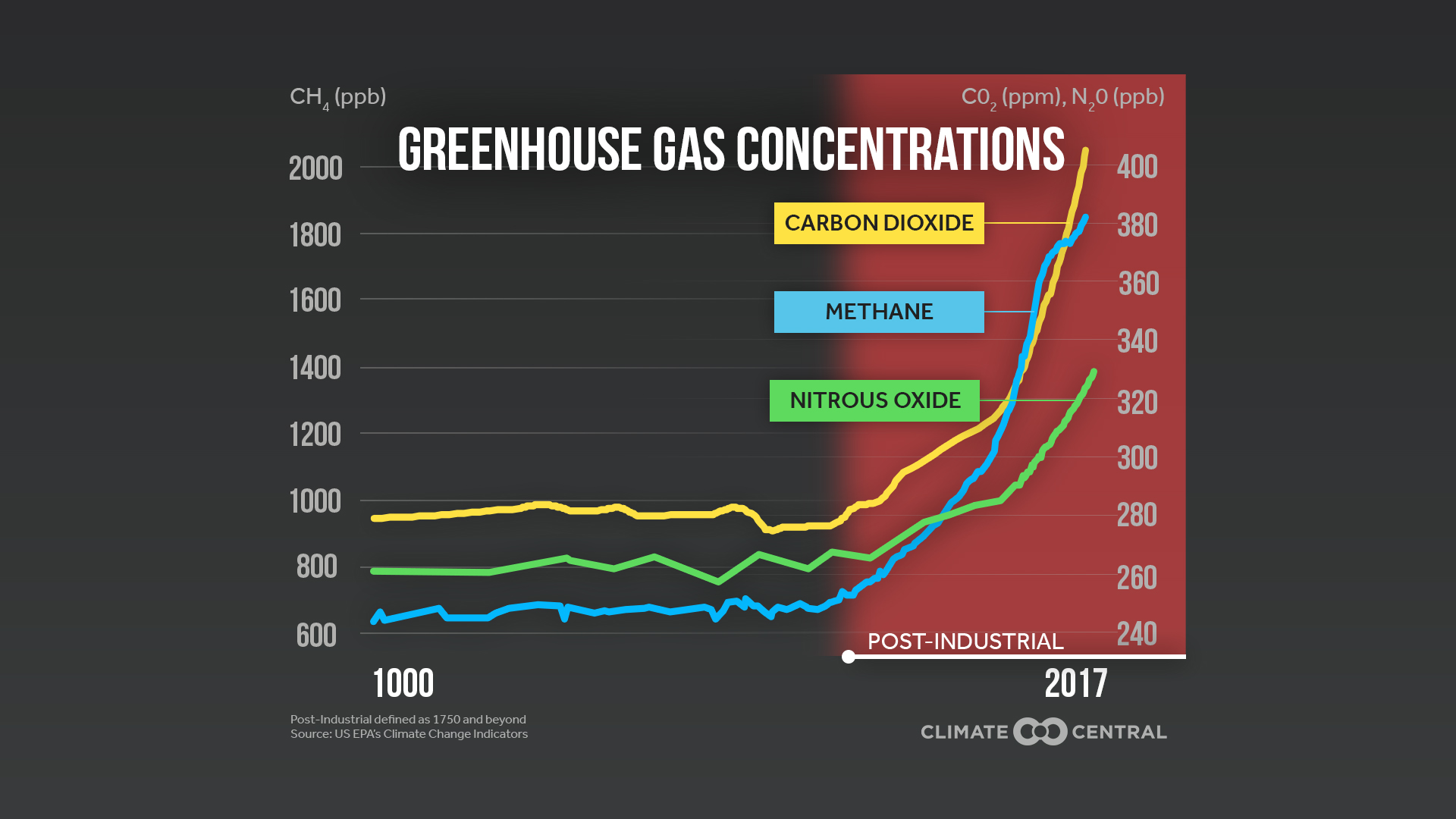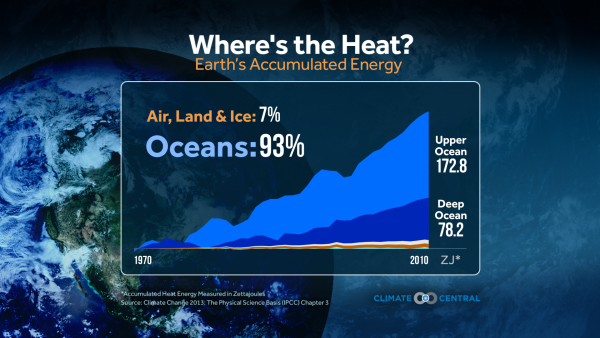No Images? Click here
Here are some resources to help you prepare for the upcoming release of Volume II of the Fourth National Climate Assessment.
SPECIAL LINKS
- Find the NEW report here when it’s released — NCA4 Volume II: Impacts, Risks, and Adaptation
- NCA4 Volume I: Climate Science Special Report
- Climate Resilience Toolkit — Learn how to increase resilience to the impacts of climate change
Volume II of the Fourth National Climate Assessment (NCA4) is expected to be released soon. Written by more than 300 scientists, this report comes from the congressionally mandated U.S. Global Change Research Program (USGCRP), which was created with the passage of the Global Change Research Act of 1990. Volume I of NCA4, the Climate Science Special Report, was released last year, outlining the current understanding of the physical science behind climate change. Volume II: Impacts, Risks, and Adaptation in the United States assesses a range of climate change impacts and risks. These reports are part of the USGRCP effort across 13 U.S. Federal agencies to advance the science, communicate the results, and inform decision makers.
In addition to covering new scientific advances since the third NCA report in 2014, such as a new chapter on air quality at the national scale, this report will also shift its focus from national analyses to regional ones, as demand increases for more localized information on risks and impacts. New geographical sections have been added to illustrate impacts to the U.S. territories in the Caribbean and to other U.S. interests internationally. The report also increases coverage of economic impacts and interdependencies between regions.
Volume II of NCA4 contributes to the multiple lines of evidence showing that the Earth is warming, humans are the cause, and the already serious impacts — like the current California wildfires — are only going to get worse. Holding warming globally to 2°C (3.8°F) above pre-industrial levels, as outlined in the 2015 Paris Agreement, will require drastic and immediate emissions cuts, the scaling up of energy solutions already in place, lower-carbon transportation, and sustainable farming practices. The goal is still within reach, but the window is closing rapidly and will likely require new technologies to remove carbon from the atmosphere as highlighted in the recent IPCC report.
ADDITIONAL RESOURCES
- Explore our Extreme Weather Toolkits for the climate change connection to extreme weather events
- Access our ready-made climate change science slide deck for public outreach
- Review our 2015 Paris Climate page for the importance and origins of the 2°C warming goal
Special Graphics
See more high resolution graphics and videos at our NEW searchable media library.
WIND AND SOLAR FORECAST TOOL
See our new essay on our new Wind and Solar Forecast tool from North American Clean Energy
NCA WEBINAR
Join us after Thanksgiving for a very special webinar.
Dr. Katharine Hayhoe of Texas Tech reviews the latest climate change science leading up to the release of the fourth National Climate Assessment report.
Monday, November 26, 2018 at 2:30pm ET
Climate Matters Mets In Action
NASA
NASA’s Science Visualization Studio illustrates carbon and climate change impacts on land, atmosphere and oceans.
CLIMATE RESEARCH
Urbanization increased the total rainfall from Harvey in Houston, not just the extent of the flooding.
OCEAN NEWS
Scientists discover the deepest volcanic eruption to-date, helping them learn about how deep-sea animals move into new habitats.











